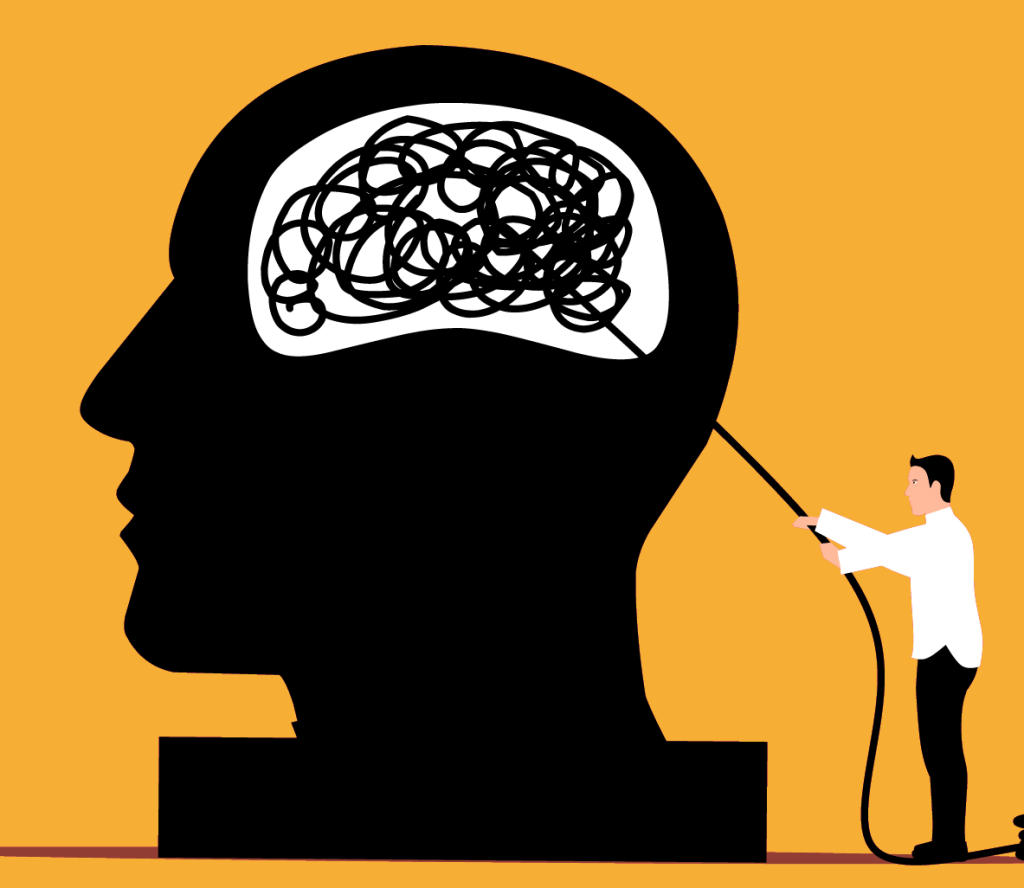EMDR therapy is a psychotherapy approach designed to help individuals process distressing memories and experiences. Developed by Francine Shapiro in the late 1980s, EMDR has gained widespread recognition for its success in treating trauma and a variety of other mental health issues.

Trauma Resolution: EMDR facilitates the processing and resolution of traumatic memories, allowing individuals to regain control over their lives.
Improved Emotional Regulation: Clients often report enhanced emotional regulation and a reduction in the intensity of distressing emotions after undergoing EMDR therapy.
Increased Self-Esteem: By addressing and reprocessing negative self-beliefs stemming from past experiences, EMDR can contribute to improved self-esteem and self-worth.
Enhanced Coping Skills: Clients develop healthier coping mechanisms and strategies to navigate life’s challenges effectively.
Trauma and PTSD: EMDR is widely recognized for its success in treating post-traumatic stress disorder (PTSD) and other trauma-related issues.
Anxiety and Panic Disorders: EMDR can help individuals manage and alleviate symptoms of anxiety and panic disorders by reprocessing the root causes of these conditions.
Depression: For those struggling with depression, EMDR can be a powerful tool to identify and process underlying traumatic experiences contributing to their emotional pain.
Phobias and Fears: EMDR can assist in desensitizing and reprocessing the memories associated with specific phobias or irrational fears.
Grief and Loss: Individuals coping with grief and loss can find support in EMDR therapy to process their emotions and navigate through the healing process.
Yes, our therapists are trained with tools and interventions to perform EMDR virtually. However, we recommend that you are in a safe, private space with a strong & secure internet connection while doing so.
We’re here to help! If you have more questions or still have any doubts, don’t hesitate to reach out. Fill out the form below, and we’ll get back to you with the answers you need. We value your inquiries and look forward to assisting you.
Offering Online Therapy for Adults in New York, New Jersey, Florida & South Carolina